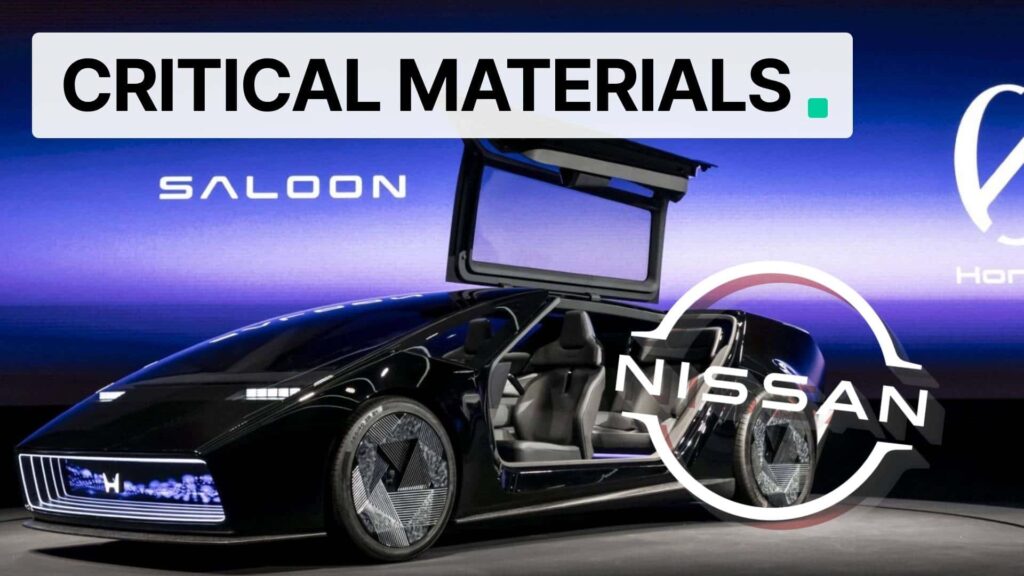The automotive industry is currently experiencing a significant era of consolidation, largely driven by the rise of electric vehicles. This trend has been building up for some time, with notable mergers like Fiat Chrysler and PSA Group forming Stellantis a few years ago. However, the recent announcement of Honda and Nissan entering into merger talks has truly rung the bell for the next phase of consolidation in the industry.
The Honda-Nissan merger is a significant development that sheds light on the future direction of the automotive business. The two companies have signed a memorandum of understanding to explore a business integration through the establishment of a joint holding company. This move comes at a crucial time for Nissan, which has been facing financial challenges and technological lag in recent years.
The merger aims to create a leading global mobility company by combining Honda’s motorcycle and power products businesses with Nissan’s four-wheel vehicle operations. The companies plan to standardize vehicle platforms, increase production of internal combustion, hybrid, and electric models, and collaborate on software-defined vehicles and AI technologies.
The potential inclusion of Mitsubishi Motors in the merger discussions further underscores the scale and impact of this consolidation. The companies are looking to achieve synergies and enhance their competitive position in the market through increased collaboration.
The shift towards consolidation in the automotive industry is driven by the need to address the significant technological challenges ahead, including electrification, autonomous vehicles, and connected software. By joining forces, companies can leverage their resources, expertise, and supply chains to navigate the evolving landscape of the industry.
However, the merger also presents challenges, such as integrating different company cultures and ensuring a smooth transition. The success of the Honda-Nissan merger will depend on how well the companies can align their strategies, operations, and technologies to capitalize on the opportunities presented by the changing automotive landscape.
Looking ahead, other potential mergers and acquisitions in the industry could include partnerships between Toyota, Mazda, and Subaru, or Volkswagen, XPeng, and Rivian. These alliances could further reshape the automotive market and drive innovation in areas such as electric vehicles, AI, and autonomous driving.
In conclusion, the automotive industry is undergoing a period of significant transformation, driven by the need for collaboration, innovation, and adaptation to new technologies. The Honda-Nissan merger is just the beginning of what could be a series of strategic alliances that reshape the future of mobility. It will be interesting to see how these developments unfold and what impact they have on the industry as a whole.

